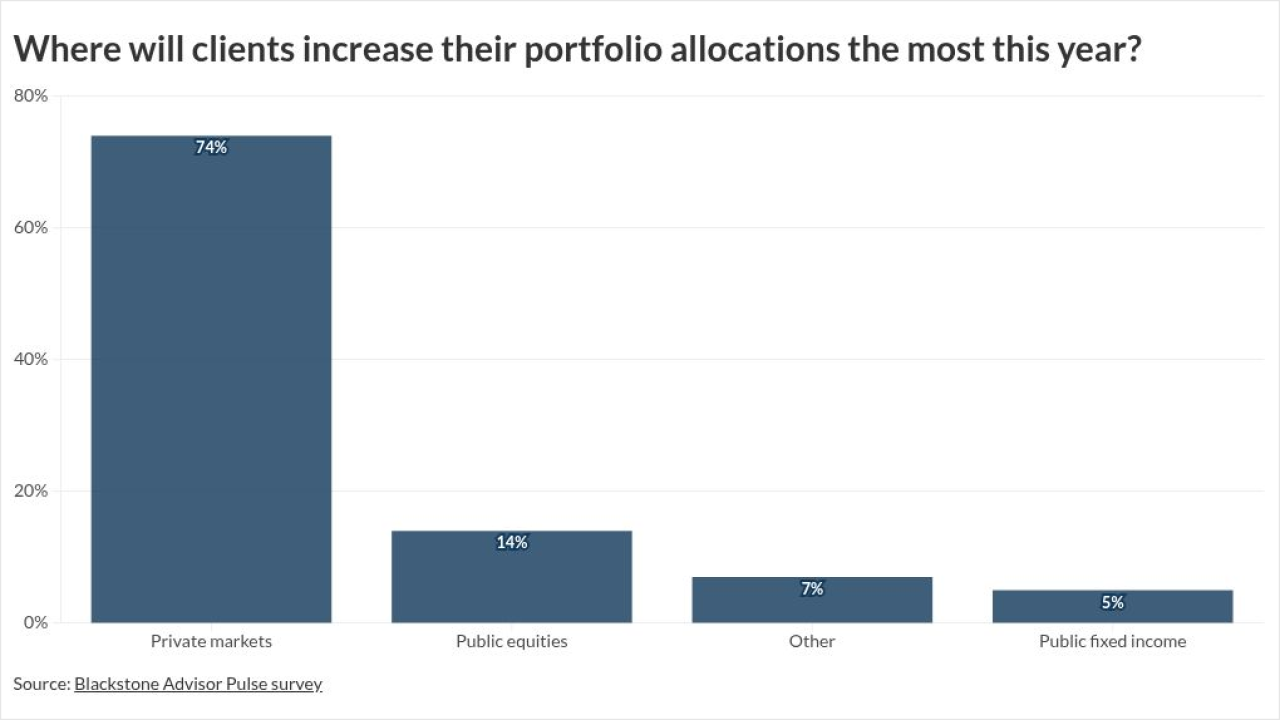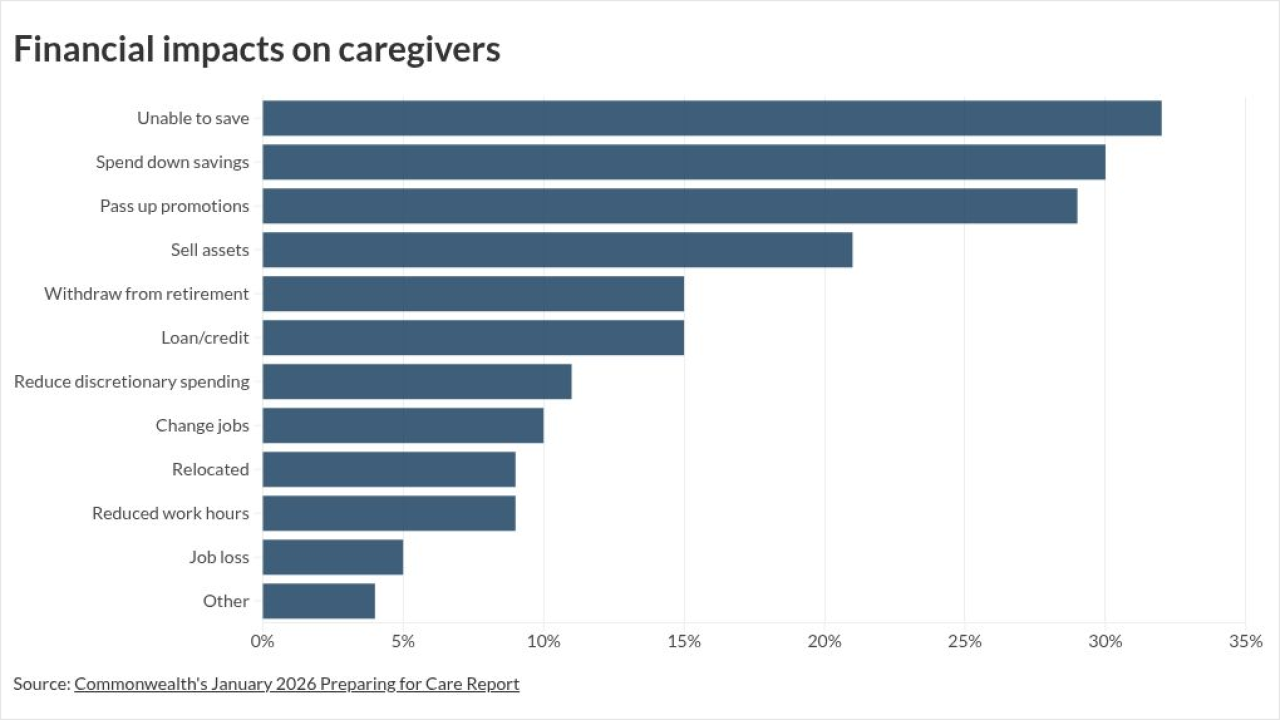The Securities and Exchange Commission has settled a cease-and-desist proceeding against the Utah Educational Savings Plan Trust (UESP), but the action might be more noteworthy for the singular detail that the regulator has asserted itself in previously uncharted territory, rather than the fact that beehive state investors were bilked thousands of dollars.
"It's a warning shot to other 529 plans that the SEC will come in if they think there is anything amiss," said Kerry O'Boyle, a fund analyst at Chicago-based Morningstar. "It seems like the SEC was weighing whether to step in and risk getting into a turf battle with the NASD, or the MSRB [Municipal Securities Rulemaking Board], or state regulators, but it now looks like they will."
The first-of-its-kind settlement, which was handed down by the SEC on Aug. 4, came on the heels of an internal investigation conducted by the UESP and the Utah Higher Education Assistant Authority.
Hatch's Jail Time
The UESP investigation resulted in the termination of its former director, Dale C. Hatch, who later pleaded guilty to a felony charge of misappropriating funds. Hatch has since served jail time, investors who were duped have already been refunded their losses, and the UESP has implemented safeguards to prevent the same circumstances from ever occurring again.
But the case further reinforces a growing sentiment within the investment management industry that, in this day of heightened disclosure, steps must be taken at the federal level to encourage state 529 plans to more vigorously police their operations and more accurately divulge the fees they charge investors.
For the record, here's what happened when Hatch was in charge of the Utah plan, an historically well-performing 529 that currently boasts more than 48,000 accounts and upwards of $790 million in assets.
Beginning in 2002, according to officials of the Utah Educational Savings Plan, changes were made to the 529's computer database system, which created a timing difference between the trade execution dates in the database and the plan's pooled Vanguard Group accounts. Eight of the nine funds UESP invests with are with Vanguard.
$500K Windfall Fell in Wrong Hands
The Utah state treasurer's office serves as the plan's investment manager. The timing difference, however, resulted in net gains of $505,976 in the omnibus accounts that were not allocated to specific participants and were termed "unallocated gains" by the UESP.
Hatch got hold of those unallocated gains and sought to allocate them for his own use, according to UESP investigators. Until exposed by an internal audit, Hatch was able to take $85,500. All of the money has been recovered from him or is covered by insurance.
In addition to his jail time, Hatch was ordered by the state court to repay the amount that was covered by UESP's insurance policy. The unallocated gains have been distributed to those people invested in the plan as of March 31, 2005, at a rate of 63 cents for every $1,000 invested.
The Utah plan itself has made a number of changes, too. For starters, Lynne Ward, the former chief of staff to Utah Governor Olene S. Walker and a onetime state budget director, was named director of the plan. Ward, a CPA, was tasked with bringing the plan into compliance with College Savings Plan Network (CSPN), Lexington, Ky., disclosure principles, which were voluntary until the trade organization's most recent communication to member plans.
A new computer database system was installed and outside quality control accountants were hired to assist in its testing and functionality, as well as the design and installation of internal controls and policies and procedures, the UESP said. As a result, the trust wrote a new program description to provide information to current and potential account holders in greater detail.
To further clarify itself, the UESP created new program forms and marketing materials. The Web site was also enhanced and state legislation that enacted the plan nine years ago was updated and obsolete language was eliminated.
In fact, UESP was so confident in the new self-regulation and enhanced disclosure measures that it debated fighting a seemingly duplicative SEC settlement, which orders the plan to refund investor accounts and undertake efforts to fix current defects in its system. In the end, Ward said, it decided such a campaign would be unwise.
"One, we were making the changes and improvements anyway, and, secondly, fighting the SEC would have been costly and a disservice to our investors," Ward remarked.
Backing Off For Investors' Sake
Even the SEC admits that it used kid gloves in fashioning the settlement.
Tom Melton, senior trial counsel with the SEC's Salt Lake City District Office, said the regulator refrained from heavier sanctions because any financial penalty would have been shouldered either by investors or state coffers, "and they weren't the offending party." Melton also said that the UESP had made "well-intentioned efforts" to fix its plan, but noted that they were "not always in ways with which we agreed." Melton did not elaborate and refused to comment on whether the settlement was meant to send a message to other state-sponsored 529 plans.
Experts, however, say the regulator took exception with the manner in which the UESP admitted wrongdoing within its plan and that the settlement is indeed a signal that it will no longer tolerate the obscure language and muddled disclosure practices that have previously dogged the 529 sector.
The UESP, SEC officials said, initially mischaracterized the funds misappropriated by Hatch as "administrative," and "falsely claimed that investors had not been harmed." The plan also failed to provide adequate disclosure "about the flaws in its operations and accounting practices."
Joseph Hurley, a CPA and founder of savingforcollege.com, an independent informational resource for individuals and 529 plans based out of Pittsford, N.Y, said that while he's pleased to see the federal regulator "bare its teeth for the first time in the 529 area," he thinks the SEC should be careful not to impede upon states' rights.
"But any additional investor protection would be welcome," he added.
Three Steps Forward, One Step Back
Hurley believes the 529 sector as a whole has made great strides in recent years to enhance disclosure and improve its operations. Many plans, for example, have sought the assistance of outside vendors for plan maintenance and are working to align policies and procedures more closely with those of the mutual fund industry.
And although "a lot of latitude and flexibility" surrounding the disclosure of fees, tax implications, past performance and the presence of rival plans still exists, the industry no longer considers such measures voluntary, Hurley said. Witnessed by the recent drafting of disclosure principles from the CSPN and its parent, the National Association of State Treasurers, Hurley said the industry is on track towards implementing a uniform standard across which investors can compare programs.
This might be an opportune time for 529s to take a breather and implement new standards, as the recent boom in plan enrollment has leveled off in anticipation of 2010, when a key piece of tax-free exemption status legislation is set to expire. Two pieces of bi-partisan legislation aimed at making those tax exemptions permanent have been proposed and await further action by Congress.
In the meantime, Morningstar's O'Boyle said, state plan administrators could do much for their industry by brushing up on some securities industry fundamentals.
"My experience is that a lot of these state plan administrators aren't fully versed in investing," O'Boyle said.
Administrators of 529 plans might also want to take a look at how Utah has revamped its plan.
"The best plans are going to a proven fund shop that has expertise in a diversified area," O'Boyle said. "Utah is on our list of the best plans. They keep costs low by performing all of their administrative work in-house, their paper disclosures are brief, concise and clear, and they've managed to bargain Vanguard down to where they're on their lowest share class."
Whether others in the 529 space will need prodding by the SEC to follow Utah's example, however, remains to be seen.
(c) 2005 Money Management Executive and SourceMedia, Inc. All Rights Reserved.
http://www.mmexecutive.com http://www.sourcemedia.com





